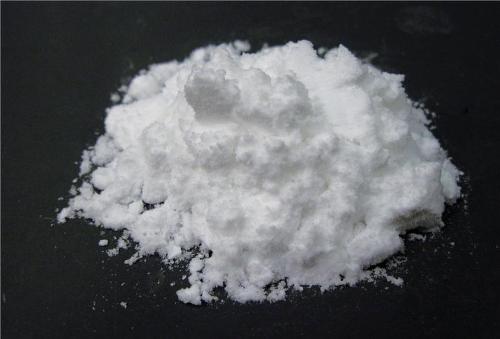Wastewater, sewage sludge and liquid manure are good forms of fertiliser for crops and plants. Fraunhofer researchers have come up with a new chemical-free, eco-friendly method to convert recovered salts into fertiliser for crops. Of late, farmers have faced a dearth in the supply of the essential mineral phosphorus.

Struvite fertilizer recovered from wastewater is a high-quality product that slowly releases nutrients into the soil. (© Fraunhofer IGB)
Hence, prices of phosphate-based fertilisers are rising. The process of finding an alternative is made difficult as phosphorus cannot be substituted by anything. However, researchers at the Fraunhofer Institute of Interfacial Engineering and Biotechnology IGB in Stuttgart have discovered an alternative using locally available resources found in plenty in wastewater from sewage treatment facilities and in the fermentation residues in biogas facilities. The patented electrochemical process, now being tried out at a mobile pilot plant, precipitates magnesium-ammonium phosphate, also called struvite, through electrolysis from a solution that has nitrogen and phosphorus. Struvite is precipitated from the process water to form tiny crystals that can be directly used as fertiliser without any other procedure.
Different from the usual processes, this innovative method does not require addition synthetic salts or bases. The electrochemical process requires very little energy. Also, extensive tests showed that the phosphorus concentration in the pilot plant reactor was below 2 mg/l, which is much lower than the maximum concentration allowed by the German Wastewater Ordinance for treatment facilities that serve about 100,000 inhabitants. With the use of struvite, crop yields and uptake of nutrients by the growing crops and plants increased by approximately four times. Over the coming months the scientists will test the mobile pilot plant in various wastewater treatment facilities before making the procedure marketable along with other industry partners early next year. The process is suitable even for wastewater from the food industry and biogas production from agricultural waste. The only condition is that the waste liquid should be rich in ammonium and phosphates.
Disclaimer: The views expressed here are those of the author expressed in their private capacity and do not necessarily represent the views of AZoM.com Limited T/A AZoNetwork the owner and operator of this website. This disclaimer forms part of the Terms and conditions of use of this website.